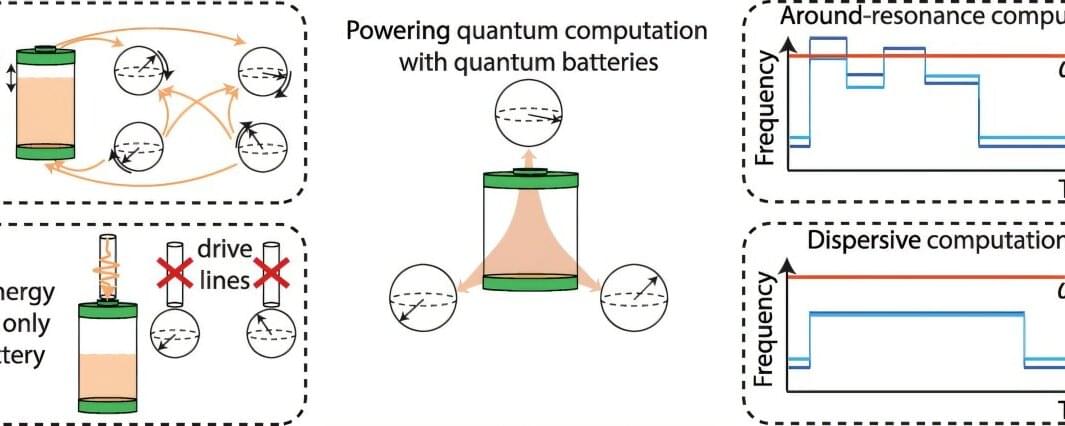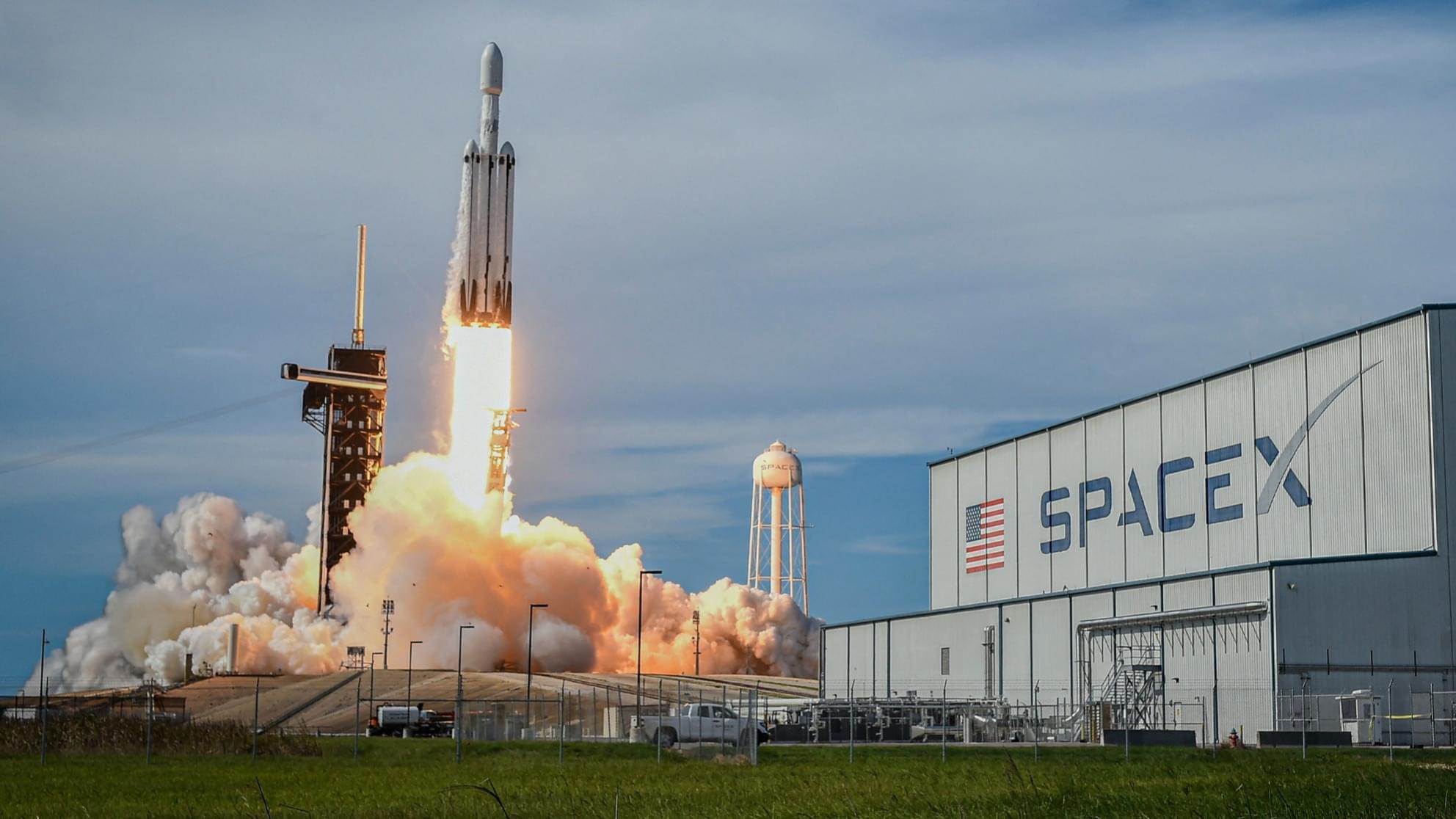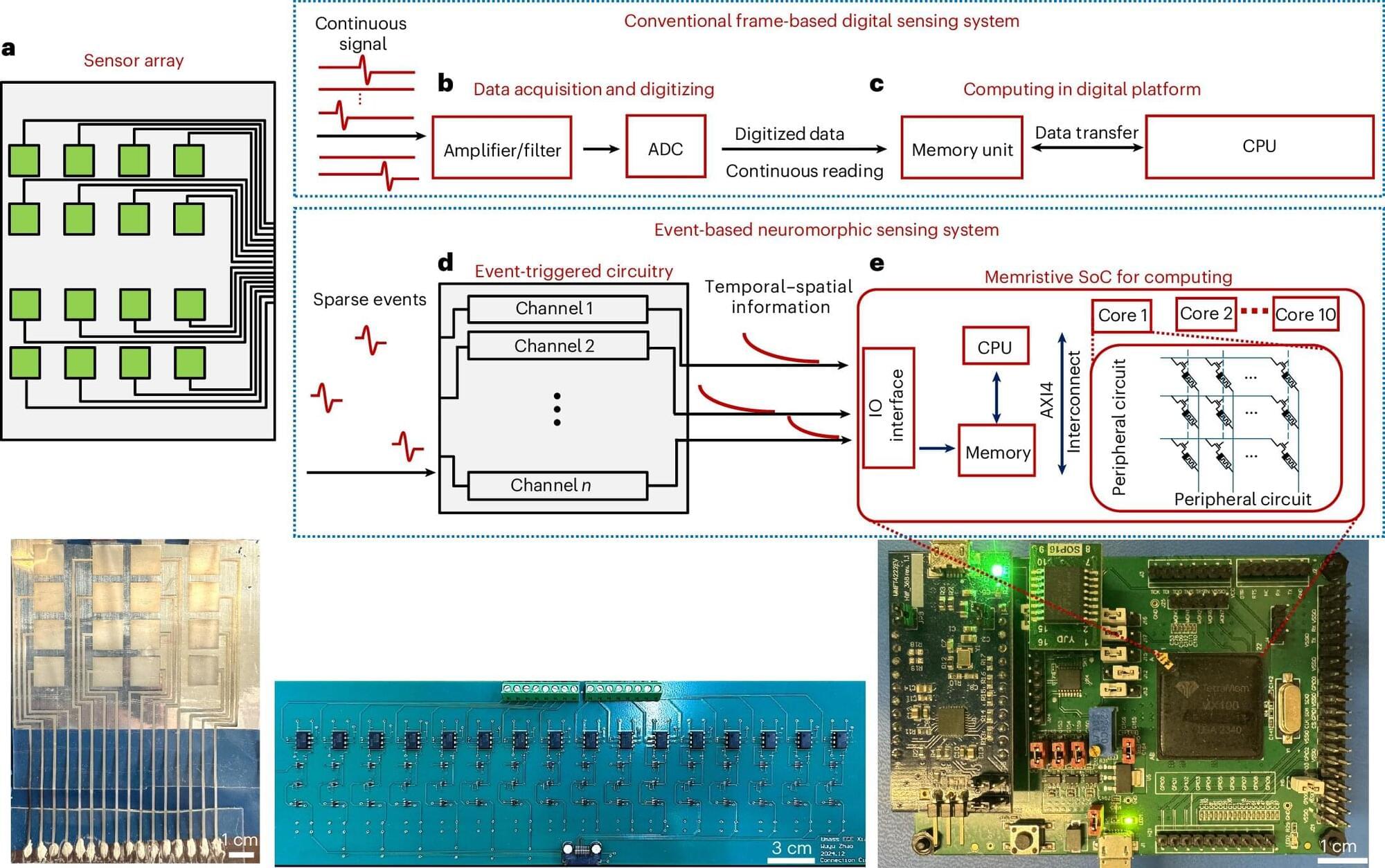WASHINGTON — Quindar, a startup that provides mission management software for satellite operators, has been selected by satellite servicing company Starfish Space to support the first three missions of its Otter spacecraft.
Under an agreement announced Feb. 5, Quindar will provide software to manage and automate operations for Starfish’s initial Otter missions, which are expected to begin launching this year. Financial terms were not disclosed.
Based in Denver, Quindar offers a cloud-hosted platform that allows satellite operators to track spacecraft, send commands and automate routine ground operations. The company positions its software as an alternative to traditional, custom-built mission control systems that operators typically develop in-house and maintain over the life of a program.





